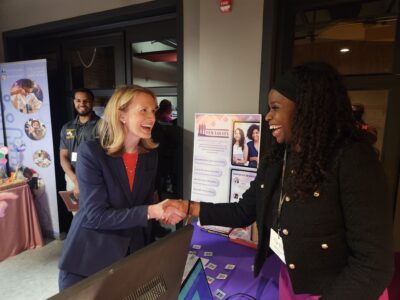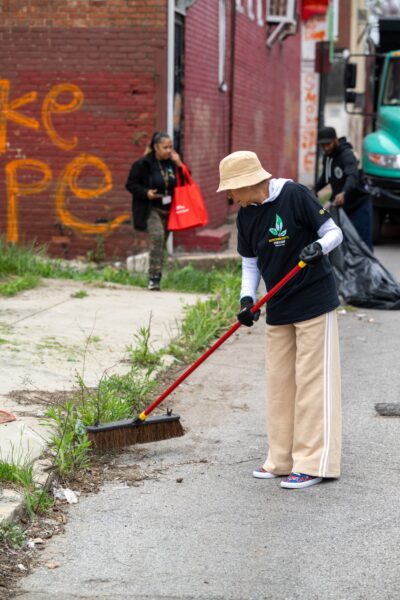emocha is set to partner on an effort to develop next-generation tests for diseases.
The mobile health company is partnering with miDiagnostics, a collaboration between Johns Hopkins and Belgium-based nanotechnology research center imec. The project seeks to develop tests integrated into silicon chips.
The tests would turn those chips into mini labs, according to miDiagnostics.
The tests would only require a few drops of blood, from which they could detect the cells, proteins or other biological indicators of diseases on the chip. In addition to being small, it cuts down on the time needed to analyze the test results to minutes.
The results would also be analyzed on a digital device, which is where emocha gets involved. The company, which itself spun out of Johns Hopkins research, makes apps and tools that take medical processes mobile.
For miDiagnostics, the company will make a mobile app and cloud infrastructure that connects the tests to the mobile devices, and allows the tests to be started and reviewed, said emocha CEO Sebastian Seiguer.

Using emocha’s MDR-TB system in KwaZulu, South Africa. (Courtesy photo)
He sees the need for quicker testing in emocha’s existing work. In one initiative, the company developed apps that are designed to make sure patients with tuberculosis in South Africa follow through on getting care. Adding a test that can be done without having to refer the patient to another appointment or location would reduce the risk that they didn’t return.
“There is efficiency to be had if you can test where the patient is,” Seiguer said.
For now, the work of building out the system begins for the nine-employee company based at FastForward East. miDiagnostics is still in development, but the Dreamit Health Baltimore grads believe it’s a good time to get involved.
“We’re happy to have an inside track and have landed a deal with a promising company that’s well funded to get into the space,” Seiguer said.
Join the conversation!
Find news, events, jobs and people who share your interests on Technical.ly's open community Slack

Baltimore daily roundup: Film fest spotlights cinema's immersive frontier; over $1M for a wellness startup; $2B to rebuild the Key Bridge

Baltimore daily roundup: Key takeaways on the local tech ecosystem; a video editor's path to working with Keke Palmer; BCIT's new podcast

Baltimore daily roundup: 20 people building Baltimore's innovation community; a local startup's $15K win; the USMC's new tech office


